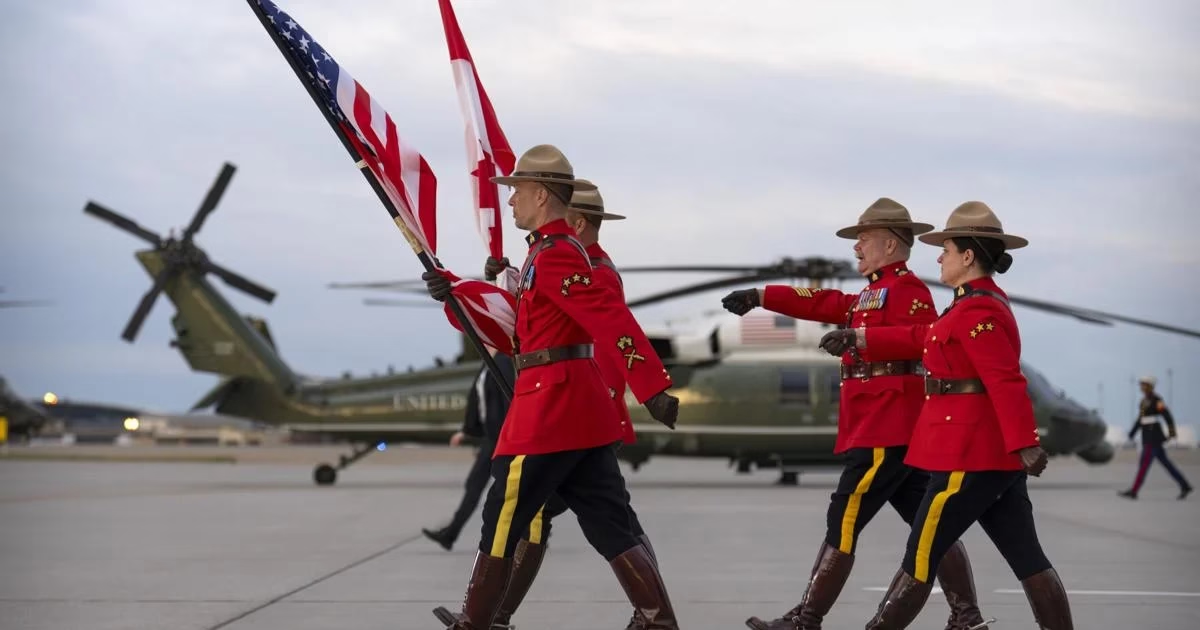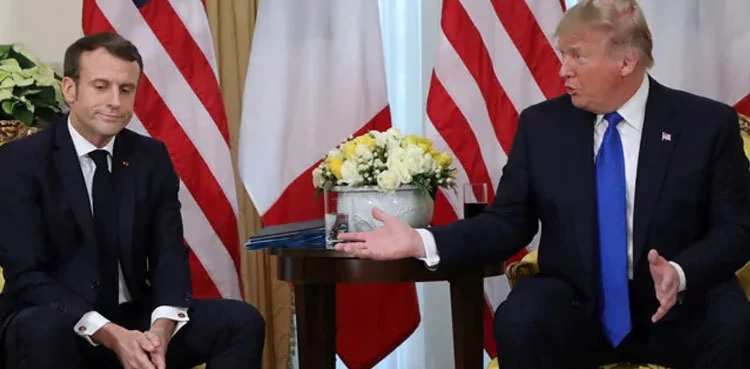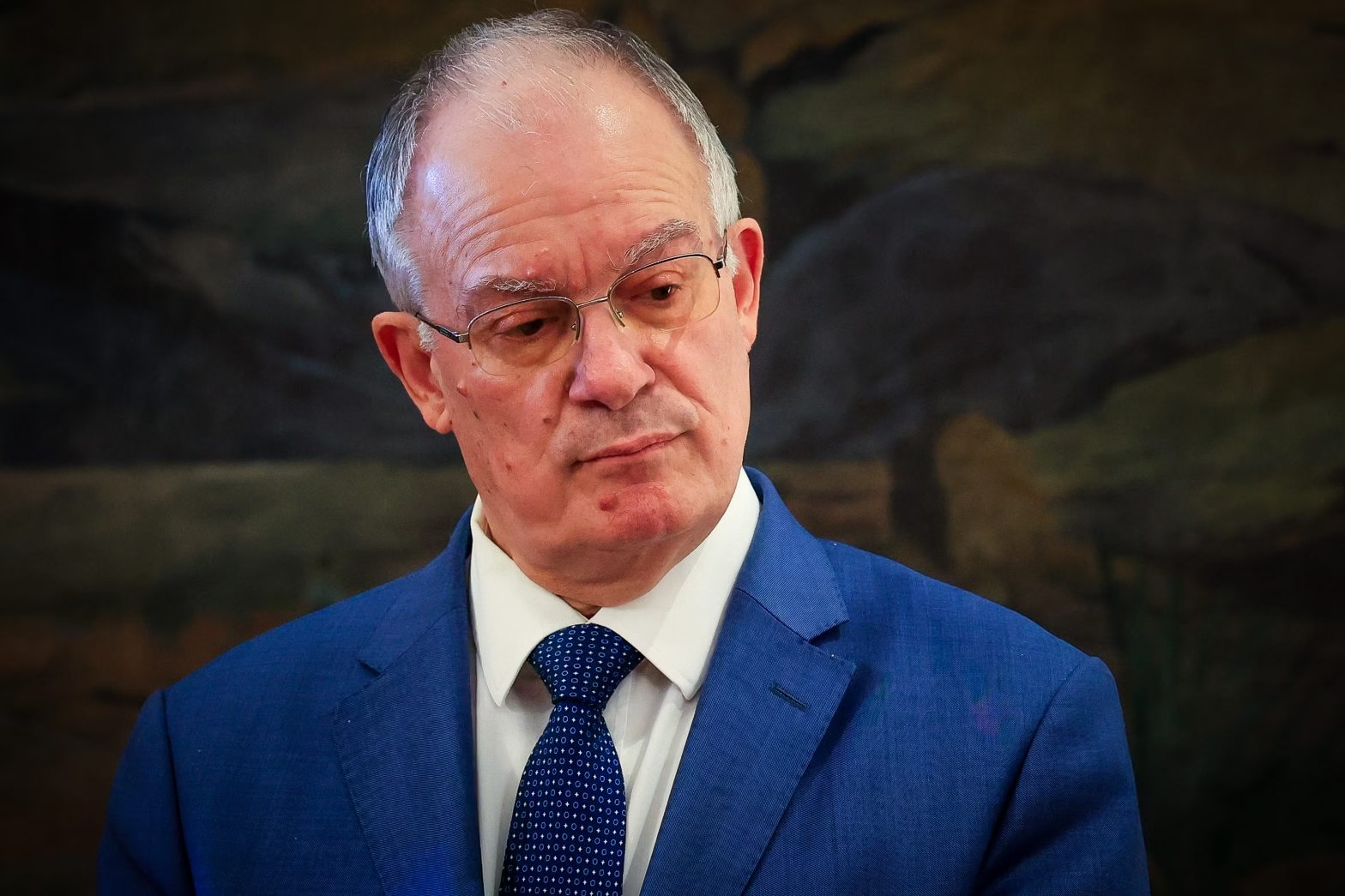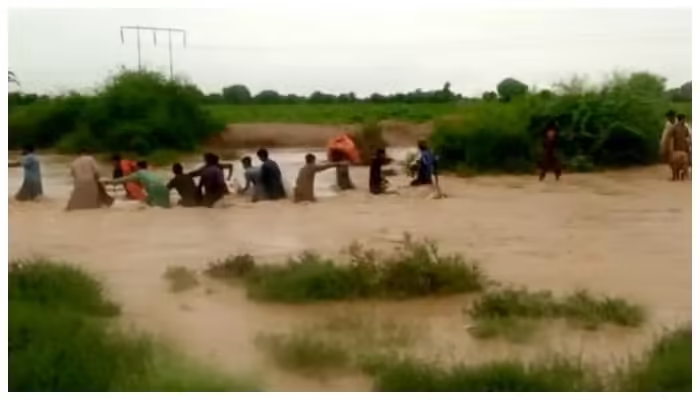Leaders of the world’s largest economies arrived in the Canadian Rockies on Sunday for a Group of Seven (G7) summit that is already being overshadowed by the escalating conflict between Israel and Iran, as well as U.S. President Donald Trump’s trade brinkmanship and controversial behavior.
The summit, hosted by Canadian Prime Minister Mark Carney, is unfolding against a volatile geopolitical backdrop. Israel’s airstrikes on Iran, followed by Tehran’s missile retaliation, have caught many global leaders off guard. A U.S. official told the Associated Press that Trump recently vetoed an Israeli plan to assassinate Iran’s Supreme Leader Ayatollah Ali Khamenei—highlighting the seriousness of the regional escalation.
British Prime Minister Keir Starmer, who has spoken with both Trump and Israeli Prime Minister Benjamin Netanyahu, said he expected “intense discussions” on the crisis throughout the summit.
Trump Dominates Agenda and Atmosphere
Trump’s arrival wearing a “Make America Great Again” cap signaled his combative posture. As host, Carney has scrapped the usual joint communique due to concerns over achieving consensus—further evidence of fractured unity within the bloc.
Trump has also reignited tensions with inflammatory suggestions that Canada could become the “51st U.S. state” and by joking about acquiring Greenland. French President Emmanuel Macron, in a symbolic move, visited Greenland en route to Canada and declared it “not to be sold” or “taken,” reinforcing European solidarity against such rhetoric.
“Greenland is clearly a wakeup call for all Europeans,” Macron said.
The U.S. president remains the summit’s wildcard. His erratic stance on tariffs and history of using bilateral meetings to pressure or intimidate leaders—such as those of Ukraine and South Africa—has raised diplomatic concerns.
Former Canadian Prime Minister Jean Chrétien advised summit attendees to remain calm in the face of Trump’s unpredictability. “If Trump decides to make a show to be in the news, let him do it. Keep talking normally,” Chrétien said.
Trade Talks and Political Tensions
The summit is expected to center heavily on trade. Trump, speaking before departure from Washington, claimed, “We have our trade deals. All we have to do is send a letter: ‘This is what you’re going to have to pay.’” Despite recent progress on U.S.-U.K. trade deals, concerns linger about Trump’s reliability.
Trump’s overtures toward closer relations with Starmer have put the British PM in an awkward position with Canada, a close Commonwealth ally. Starmer drew criticism for not directly addressing Trump’s Canada-51st-state remarks. Pressed by media, Starmer responded: “Canada is an independent, sovereign country and a much-valued member of the Commonwealth.”
Expanded Agenda: Ukraine, Global Security
Ukrainian President Volodymyr Zelenskyy is also attending and is expected to hold a potentially tense meeting with Trump, following a strained Oval Office encounter earlier this year.
Meanwhile, leaders from India, Brazil, South Africa, South Korea, Australia, Mexico, and the UAE have also been invited by Carney, expanding the scope of the summit beyond the traditional G7 circle.
German officials pushed back against suggestions the event would devolve into a “six against one” scenario, stressing that divisions exist even within the G7.
Still, as Chrétien put it bluntly, “The only problem you cannot forecast is what the president of the United States will do, depending on the mood and the need to be in the news.”



